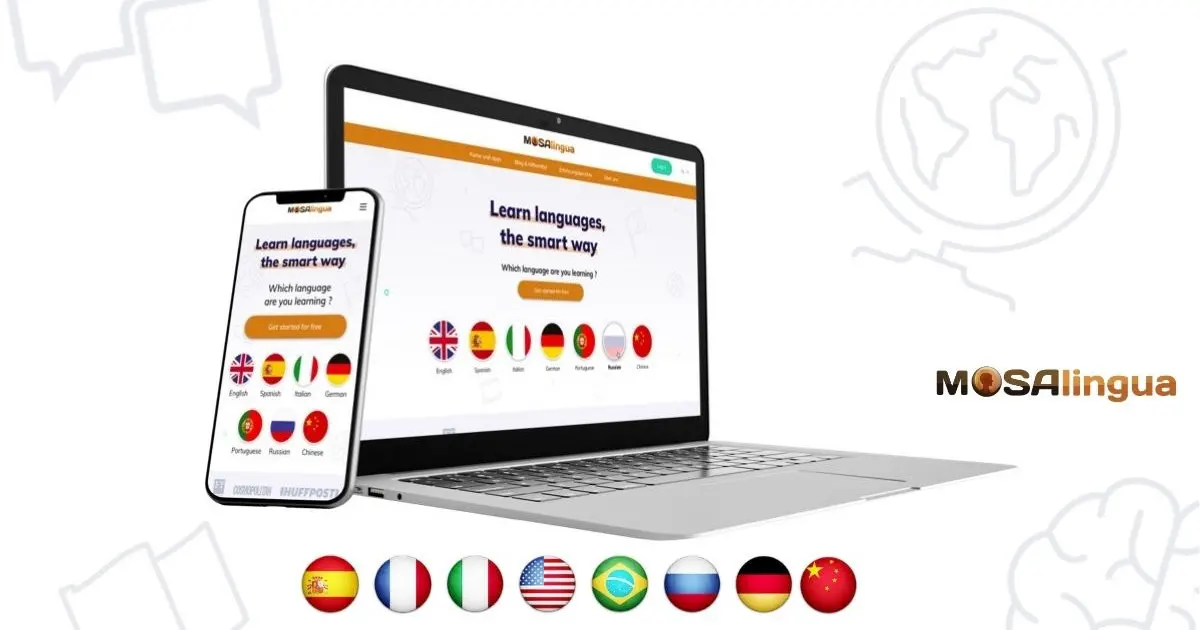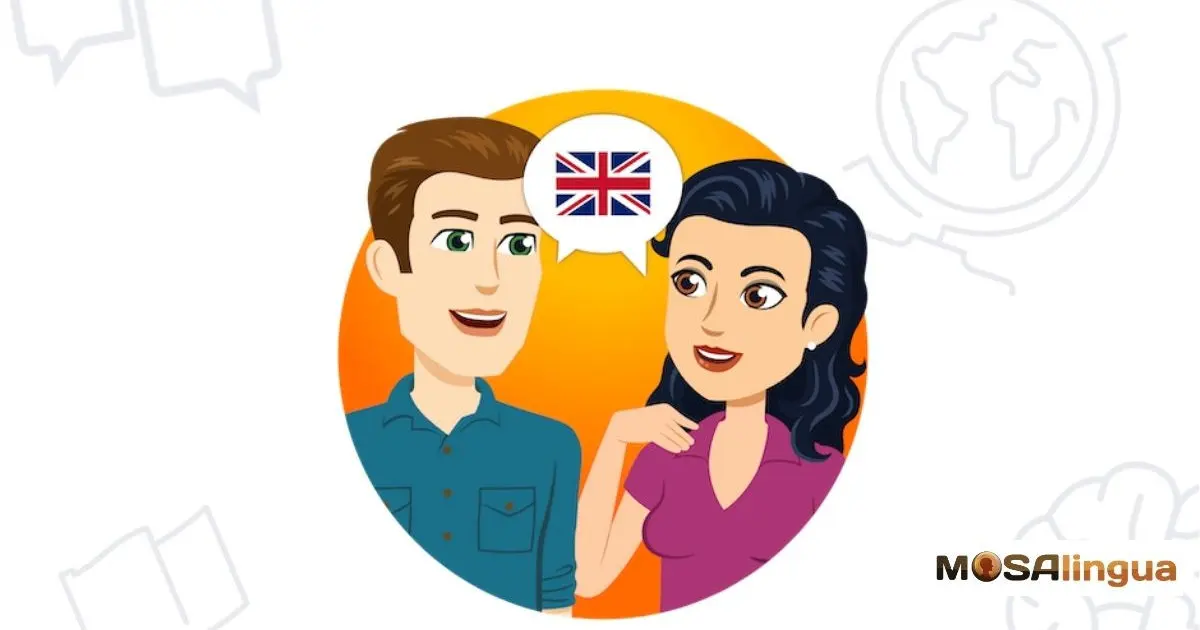MosaLingua: An Effective Way to Learn a Language
Instead of cramming and forgetting, learners are consistently reminded of key information at optimal intervals.

MosaLingua has carved out a niche in the language learning world, often associated with its sleek and effective app. However, at its core lies a robust methodology that transcends the digital interface. Understanding this philosophy is key to appreciating why MosaLingua can be a powerful tool for English learners, even when considered independently of its app-based delivery.
The Power of Spaced Repetition and Memorization Optimization
MosaLingua's foundational principle revolves around Spaced Repetition System (SRS). This isn't unique to MosaLingua, but they implement it with a keen understanding of cognitive science. Essentially, SRS leverages the "forgetting curve" – the natural decline in memory retention over time. By strategically scheduling reviews of learned material just before it's about to be forgotten, MosaLingua maximizes retention with minimal effort.
This is incredibly beneficial for English learners dealing with the vast vocabulary and grammatical nuances of the language. Instead of cramming and forgetting, learners are consistently reminded of key information at optimal intervals, solidifying their knowledge over the long term.
Prioritizing Practical, High-Frequency Vocabulary
MosaLingua focuses on teaching high-frequency words and phrases. This means learners are exposed to the most commonly used English vocabulary, enabling them to quickly understand and participate in real-world conversations. This approach is invaluable for beginners, as it provides a solid foundation for further learning.
Imagine learning the 20% of English that accounts for 80% of everyday conversations. This is precisely what MosaLingua aims to deliver. This focus on practicality ensures learners aren't bogged down by obscure or rarely used vocabulary.
Contextual Learning and Practical Application
MosaLingua emphasizes learning vocabulary and grammar within contextualized examples. This means learners are presented with sentences and phrases that demonstrate how words are used in real-life situations. This approach fosters a deeper understanding of the language and enables learners to apply their knowledge effectively.
Instead of just memorizing isolated words, learners see how they function within sentences and conversations. This contextualization is crucial for developing fluency and natural language use.
Breaking Down Language into Manageable Chunks
MosaLingua breaks down language learning into manageable chunks. This makes the learning process less overwhelming and more achievable. Learners can focus on mastering small, specific sets of vocabulary and grammar before moving on to more complex concepts.
This modular approach is particularly helpful for busy individuals who can dedicate short periods to learning. It also reduces the feeling of being overwhelmed by the sheer volume of English language knowledge.
Why This Approach Benefits English Learners:
- Efficient Learning: Spaced repetition minimises wasted effort and maximises retention.
- Practical Skills: High-frequency vocabulary and contextual learning enable real-world communication.
- Structured Progression: Breaking down language into manageable chunks makes learning less daunting.
- Long-Term Retention: The focus on spaced repetition and contextualization ensures that learned material is retained over time.
- Reduced Overwhelm: Learning is made less daunting by breaking it down into smaller easier to digest chunks.
Verdict:
While the MosaLingua app serves as a convenient platform for implementing these principles, the underlying methodology is what truly makes it effective. Even without the app, learners can benefit from incorporating spaced repetition, prioritizing high-frequency vocabulary, and focusing on contextual learning into their English studies.
By understanding and applying these principles, English learners can accelerate their progress and achieve their language goals.



